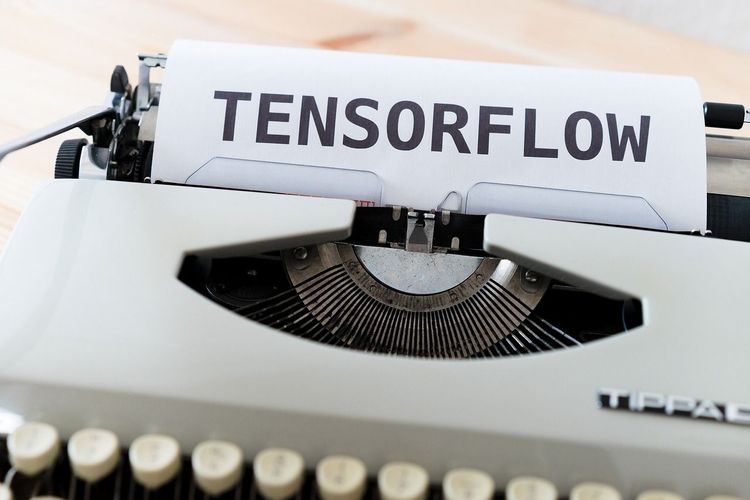Buildbox is excited to announce the launch of Buildbox 4, a revolutionary no-code platform that transforms user-generated game development with AI-assisted tools, enabling you to create a game in just five minutes.
"Buildbox 4 empowers creators to quickly turn their game ideas into reality," said CEO Jonathan Zweig in an interview with GamesBeat. This platform puts the power of game development into the hands of hobbyists, semi-professionals, and seasoned developers looking to streamline their projects.
AI-Driven Game Development
With Buildbox 4, simply enter your prompt and watch as the AI generates game assets, entire scenes, and assists with level editing. Zweig emphasizes that this intuitive, powerful AI toolset allows anyone to craft stunning, immersive games in no time.
Aspiring developers can jumpstart their projects without the need for complex coding. For experienced developers, Buildbox 4 facilitates faster prototyping and exploration of innovative design ideas, leveraging AI to enhance creativity.
For game studios, Buildbox 4 streamlines the development process, allowing teams to create games more efficiently, thanks to its AI capabilities.
Innovative Evolution in Game Creation
Once limited by intricate coding, game development is now accessible with Buildbox 4’s AI-first philosophy. By assisting with game logic, scene building, and asset generation, Buildbox 4 acts as a partner in the game development journey, ensuring your creative vision becomes a reality.
Zweig notes the company’s solid financial footing, having raised approximately $54 million and currently employing 20 personnel. After acquiring Buildbox in 2019, Zweig focused on enhancing the engine's complexity and sophistication, so users wouldn’t outgrow its capabilities.
Buildbox now features a custom version of the Forge engine, significantly boosting the quality of games created on the platform. Successful titles like Color Switch have showcased Buildbox’s potential.
An Advanced Game Engine
Buildbox 4 now includes the ability to generate story-driven games and create full 3D experiences. "This version writes the code necessary for special effects and gameplay mechanics," Zweig said, illustrating the leap in development possibilities. Users can create genres ranging from first-person shooters to intricate 3D worlds.
With Buildbox 4, detailing your vision is straightforward. Describe what you want—such as “make a character jump”—and the AI generates it. This text-to-game functionality allows you to quickly build the foundation of your game, freeing you to focus on creativity while the AI manages complex tasks.
Embracing a New Era of Game Creation
Available for download now, Buildbox 4 is positioned to transform the game development landscape. The platform has a history of success, including the popular Color Switch, which garnered millions of downloads.
With enhanced graphics, smooth animations, and a vast library of assets, Buildbox 4 serves as both a creative playground and a powerful development partner. "We believe that everyone has a game idea waiting to come to life," Zweig adds. "Our AI-driven engine simplifies development, allowing millions more to create games."
Facing Competition
As the landscape for AI-assisted game development grows, Zweig is aware of emerging AI startups. He remains confident that Buildbox’s no-code approach will differentiate it from competitors.
Feedback from over 200 users has been instrumental in refining the platform, affirming that many creators develop games purely for enjoyment.
“Interact with AI to accelerate development without replacing the creativity of game developers,” Zweig explains. While AI can automate basic game creation, the personalization by developers remains crucial for uniqueness.
Future Perspectives
Regarding legal considerations for training data, Zweig assures that all data used for training was either generated internally, procured from third-party freelancers, or consists of open-source data with commercial licenses. He anticipates that future open-source models will be more efficient.
Zweig envisions a future where AI can create games autonomously, likening it to how AI has excelled in tasks like poetry. “Someday, we may see award-winning games crafted by AI,” he speculates, as the technology evolves to learn from both established game development practices and user-generated content.







